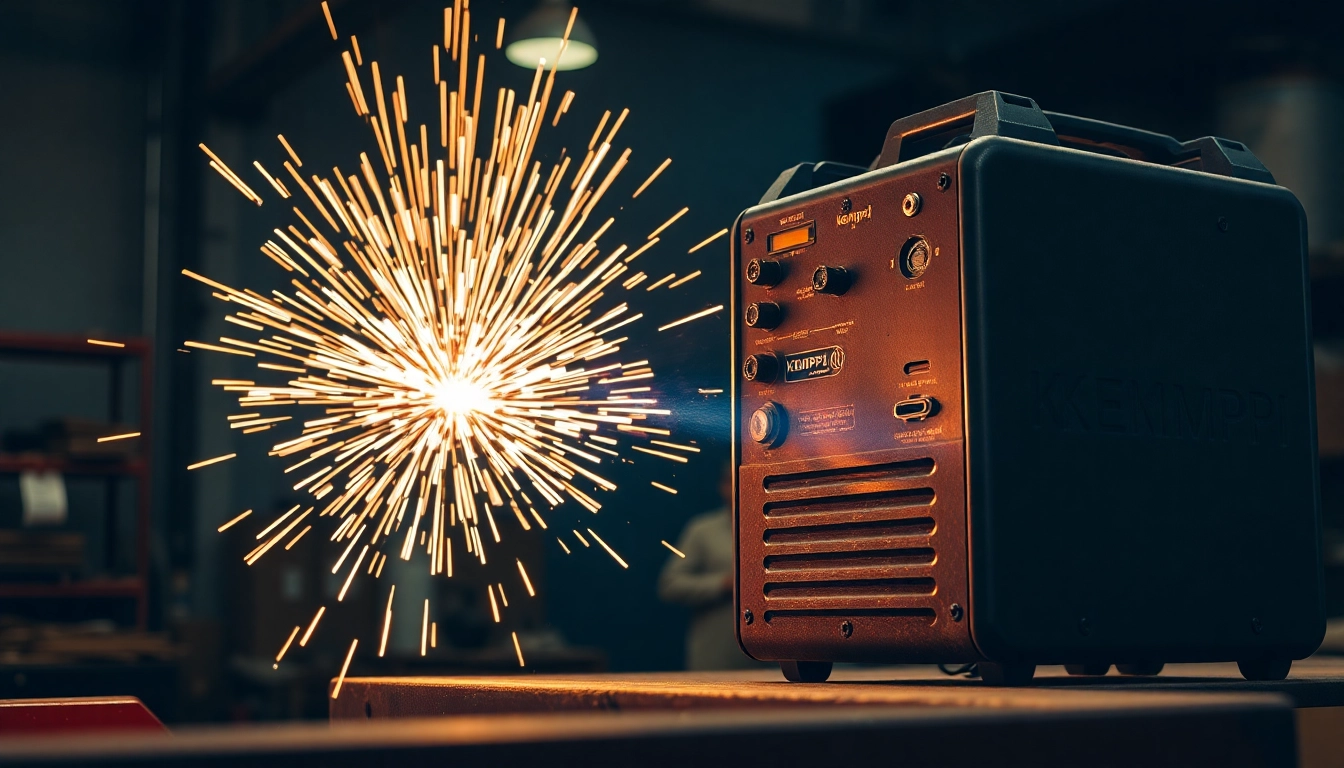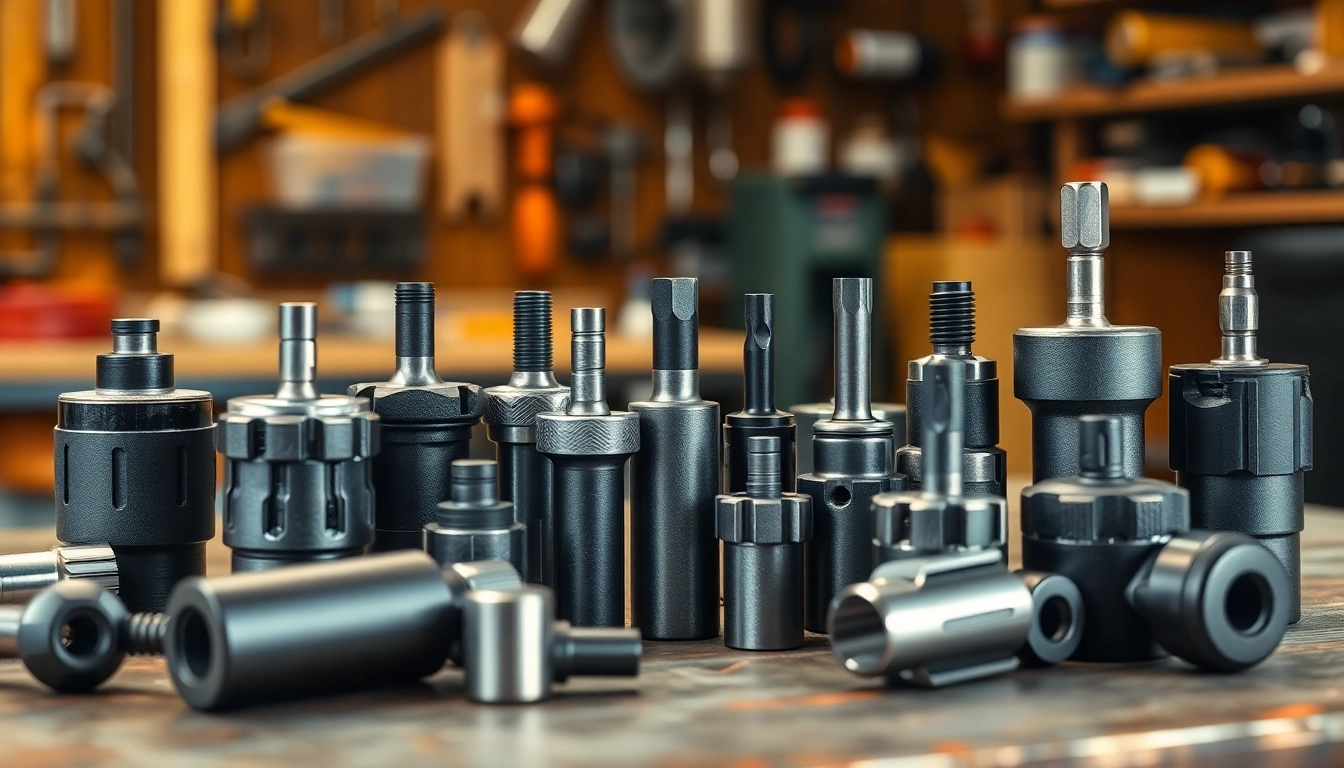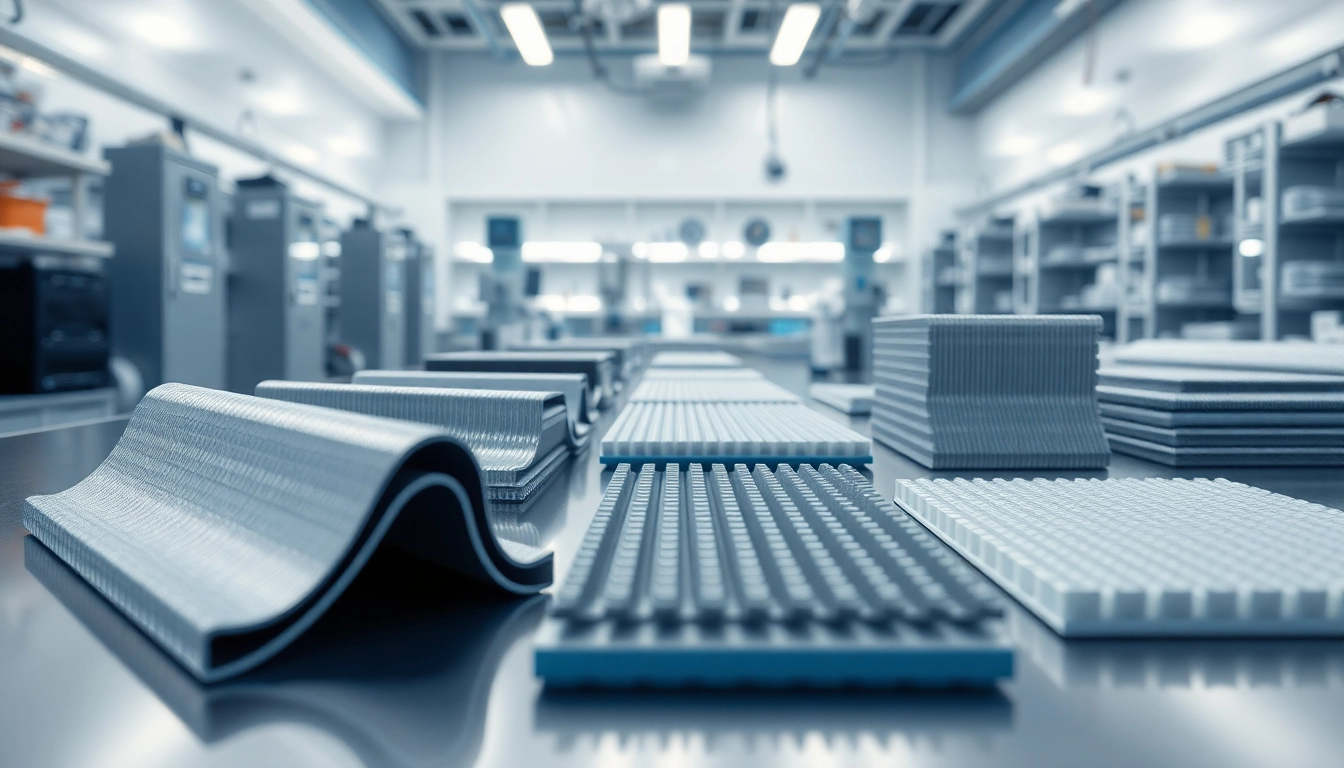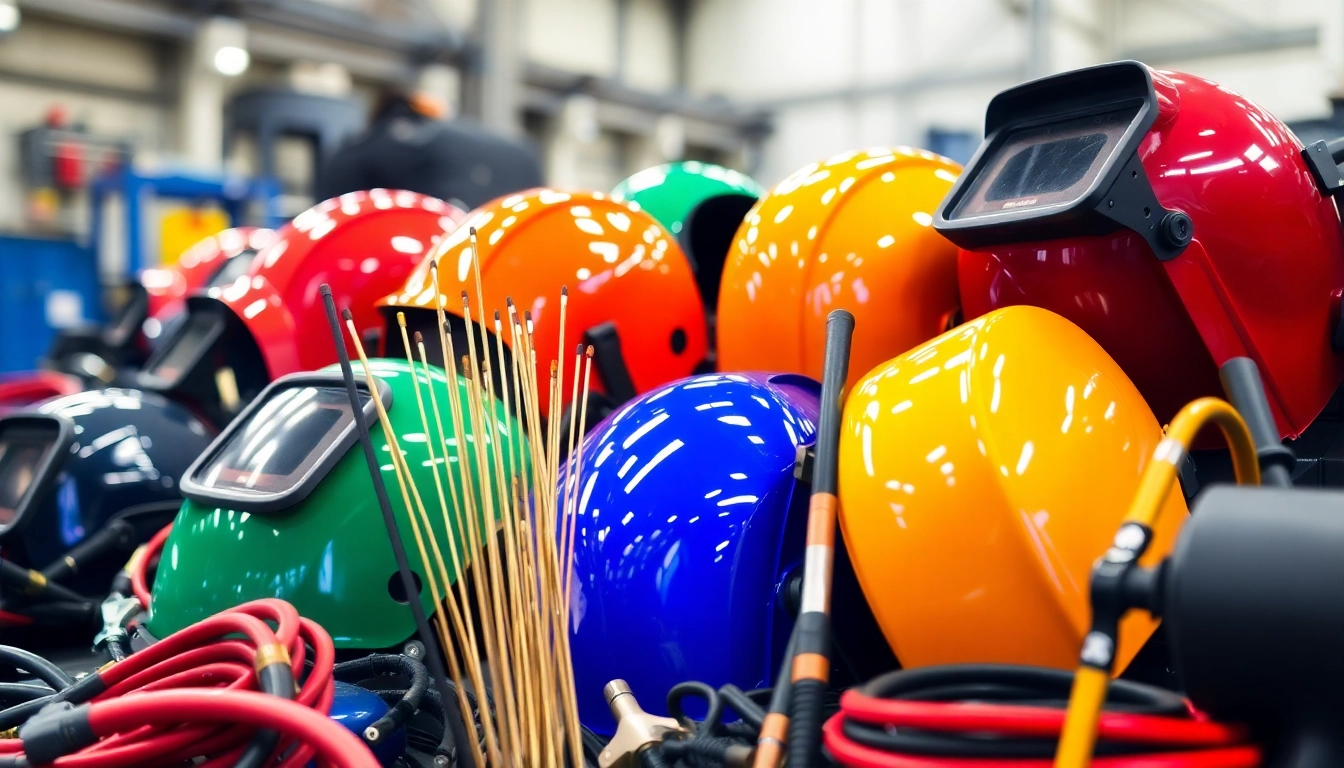Understanding Kemppi Welders
When it comes to industrial and professional welding, kemppi welders stand out as a top choice among welding equipment enthusiasts and professionals. Known for their durability, efficiency, and innovative technology, Kemppi welders have cultivated a reputation within the welding community worldwide. In this article, we will explore the essential features, advantages, and practical applications of Kemppi welders, helping you make an informed decision for your welding needs.
What Are Kemppi Welders?
Kemppi welders are a range of advanced welding machines designed and manufactured by Kemppi Group Oy, a Finnish company that has been a key player in the welding industry since its inception in 1949. With a wide portfolio encompassing MIG/MAG, TIG, and electrode welding equipment, Kemppi caters to various sectors, including automotive, shipbuilding, and construction.
Renowned for their cutting-edge technology and robust design, Kemppi welders are employed in both manual and automated welding processes. They support various welding applications and materials, making them versatile tools suitable for many professional environments.
Key Features of Kemppi Welders
Two primary characteristics set Kemppi welders apart:
- Advanced Technology: Kemppi incorporates state-of-the-art technology in their welders, including adaptive arc control, integrated data management, and advanced inverter technology, which enhances welding performance and energy efficiency.
- User-Friendly Design: Many Kemppi models are equipped with intuitive controls and interfaces, making them accessible to both seasoned welders and those new to the trade.
These features allow for precision welding with minimum spatter and optimum arc stability, catering to the needs of today’s skilled professionals.
Types of Kemppi Welders Available
Kemppi offers various welder types, each designed for specific welding processes and applications, including:
- MIG/MAG Welders: Ideal for projects requiring high deposition rates and excellent arc stability, MIG/MAG welders from Kemppi are suitable for various materials, including steel, stainless steel, and aluminum.
- TIG Welders: These machines provide precise control over the welding arc, making them perfect for welding thin materials and those requiring high-quality finishes.
- Stick Welders: Known for their reliability in challenging conditions, stick welders are versatile and suitable for outdoor use.
- Multi-Process Welders: Offering the flexibility to switch between MIG, TIG, and stick welding, these models cater to diverse projects, enhancing workflow efficiency.
Advantages of Using Kemppi Welders
Investing in Kemppi welders comes with numerous benefits that can enhance your welding productivity and project quality.
Efficiency and Precision in Welding Tasks
One of the most significant advantages of Kemppi welders is their unparalleled efficiency. With advanced technology embedded in their design, these machines help welders achieve optimal results with minimal time and effort. For instance, the rapid arc control and response times decrease the number of defective welds and improve overall quality. Moreover, models equipped with pulse welding technology provide precise control over heat input, reducing distortion and improving joint strength.
Durability and Reliability of Kemppi Equipment
Kemppi welders are engineered to withstand harsh working conditions, ensuring longevity and durability. With robust materials and rigorous testing, these machines are built to perform reliably over extended use. Whether used in high-temperature environments or under challenging outdoor conditions, Kemppi welders can handle the demands placed upon them without compromising performance.
Professional Applications and Versatile Use Cases
The versatility of Kemppi welders enables them to cater to various applications across numerous industries. From manufacturing and construction to automotive and shipbuilding, these machines are highly sought after for their adaptability. They can easily transition between different materials and welding processes, making them a practical choice for businesses and professionals needing flexibility in their operations.
Comparing Kemppi Welders with Competitors
While there are various welder brands in the market, Kemppi’s unique attributes and solid reputation set them apart from the competition.
Market Position of Kemppi Welders
Kemppi has successfully established itself as a leader in the welding equipment industry, particularly in Europe and Asia. Their focus on innovation and user-centered design has allowed them to consistently outperform competitors in terms of quality and reliability. The company’s commitment to research and development ensures that they remain at the forefront of welding technology, continually improving their product offerings to adapt to the changing needs of the market.
Unique Selling Points Against Other Brands
One of Kemppi’s distinct advantages is their continuous development and incorporation of new technologies. Features such as cloud connectivity for data monitoring and optimization, along with superior welding performance, position Kemppi welders as premium options in the market. Additionally, their comprehensive customer support and service network enhance the overall user experience, instilling confidence in users regarding their investment.
Customer Reviews and Feedback on Performance
Customer feedback plays a crucial role in evaluating the performance of any product, and Kemppi is no exception. Numerous reviews highlight the ability of Kemppi welders to maintain consistent performance under varying conditions, their efficiency in fast-paced industrial environments, and the quality of welds produced. Users often note the minimal maintenance requirements as a significant advantage, allowing them to focus on their work without frequent interruptions.
Tips for Choosing the Right Kemppi Welder
Selecting the perfect Kemppi welder requires careful consideration of several factors, ensuring that it meets your specific welding needs.
Assessing Your Welding Needs
Begin by evaluating the types of materials you will be working with and the welding processes you will utilize. For instance, if you’re working primarily with thin metals, a TIG welder may be the best option. Conversely, for heavy-duty tasks or structural welding, a MIG/MAG welder would be more suitable. Understanding your project requirements is crucial to making a wise choice.
Evaluating Specifications and Features
After determining your welding needs, delve into the specifications and features of the available Kemppi models. This includes factors such as power output, duty cycle, portability, and additional features like automated settings or digital interfaces. It’s essential to ensure that the welder you choose aligns with your operational preferences and skill level.
Price Points and Budget Considerations
While Kemppi welders are known for their quality, evaluating your budget and understanding the price points is crucial. Kemppi offers models across various price ranges, and while investing in a high-end unit may yield better performance and longevity, it’s essential to balance this with your financial considerations. Additionally, inquire about warranty options and potential long-term savings tied to operational efficiency.
Maintenance and Care for Kemppi Welders
Proper maintenance extends the life of your Kemppi welder and ensures consistent performance. Here are some key practices to follow.
Regular Maintenance Practices
Implementing a regular maintenance schedule is crucial for the performance of your welder. This can include cleaning the nozzle and contact tip to prevent build-up, checking the gas flow and pressure regularly, and inspecting the power cable and connections for wear. Lubricate moving parts as recommended by the manufacturer’s manual to ensure smooth operation.
Common Issues and Troubleshooting Tips
Occasionally, users may encounter issues with their welders, such as arc instability or excessive spatter. Common causes may include incorrect gas flow settings, worn contact tips, or improper technique. Consult the troubleshooting section of your user manual for guidance on resolving these issues, as many can be fixed with simple adjustments.
Extending the Lifespan of Your Welder
To prolong the lifespan of your Kemppi welder, ensure that it is stored properly in a clean, dry environment when not in use. Avoid exposing it to harsh elements or extreme temperatures. Additionally, following usage guidelines strictly as outlined in the user manual will enhance its durability and performance. Regular professional servicing may also help in identifying potential issues early on, preventing major repairs down the road.
Conclusion
Kemppi welders are an exceptional choice for anyone in need of reliable, high-performance welding equipment. With a focus on delivering precision, durability, and versatility, they cater to a wide range of welding applications, making them indispensable tools for professionals. By understanding the types of Kemppi welders available, their advantages, and how to maintain them, you can enhance your welding experience and achieve superior results in your projects.



